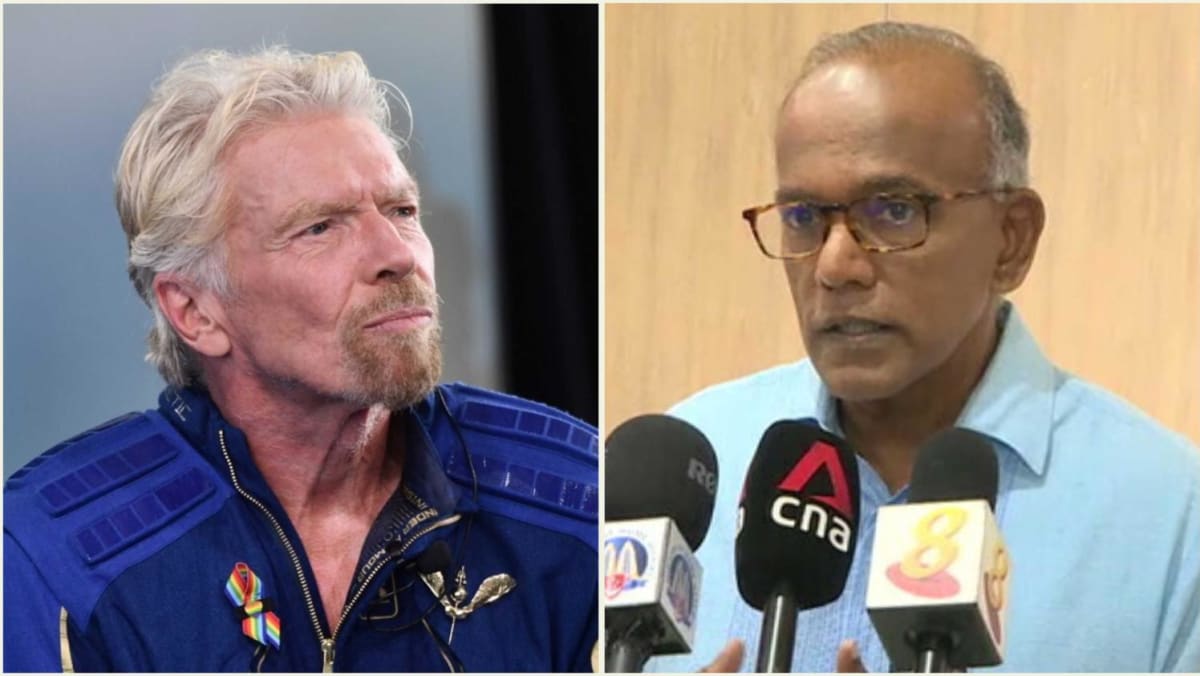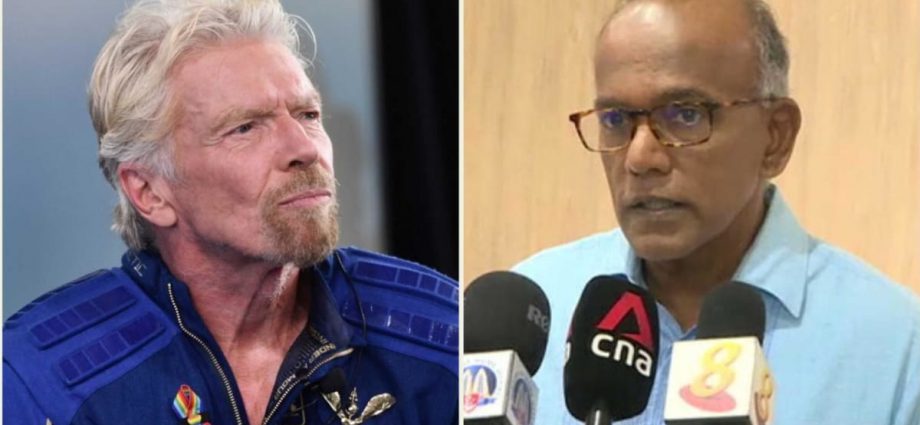
He noted that Singapore “remains among a very small group of countries” that continue to apply the death penalty at scale, as well as one of the few that does so for drug offences.
Mr Branson has been vocal in his views against Singapore’s death penalty for crimes such as drug trafficking, and spoke out against the execution of convicted drug trafficker Nagaenthran Dharmalingam earlier this year.
“As you may know, I am part of the Global Commission on Drug Policy, a group of global leaders advocating for lasting reform, including many respected former heads of state and government,” he said.
“We have studied the failed war on drugs for the last 15 years, and with one voice, we urge governments to treat drug use as a health issue, and to stop the needless and ineffective criminalisation of people.
“The members of the Commission travel the world to engage governments and other stakeholders in constructive dialogue, and I think you should welcome this form of dialogue.”
On the ministry’s invitation, Mr Branson said a televised debate with its limited time and scope is “always at risk of prioritising personalities over issues”, and thus “cannot do the complexity of the death penalty any service”.
“It reduces nuanced discourse to soundbites, turns serious debate into spectacle. I can’t imagine that is what you are looking for,” he said.
“What Singapore really needs is a constructive, lasting dialogue involving multiple stakeholders, and a true commitment to transparency and evidence.”
He added that while he will continue to advocate for the abolition of the death penalty and raise the issue “wherever (he) can”, the conversation “needs local voices”.
“In Singapore’s case, we have been inspired by several people and organisations – advocates, lawyers, journalists – with experience, knowledge and data,” he said.
“The brave thing for you would be to actively engage those Singaporean stakeholders, from Transformative Justice Collective to Mr M Ravi, Nagaenthran Dharmalingam’s courageous lawyer, and regional voices, such as the Anti-Death Penalty Asia Network, and treat them as equals who are just as interested in Singapore’s progress as I’m sure you are.
“They deserve to be listened to, not ignored, or worse yet, harassed.”
He said he would be “absolutely delighted and will celebrate with (Singapore)” should the country decide to abolish the death penalty.
“I hope you … will eventually realise that it’s an inhumane, brutal practice that does not save lives – and casts a dark shadow on Singapore’s reputation in the world.
“There is no evidence to support its continued existence. Just ask those in Singapore who know.”
CNA has asked MHA for comment.

